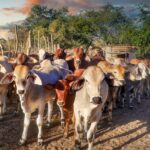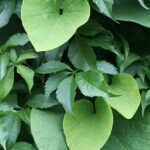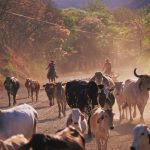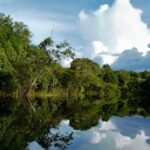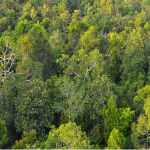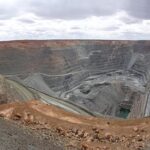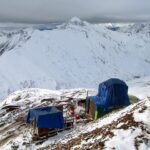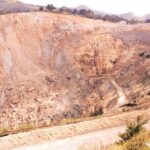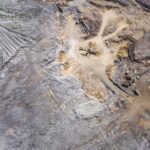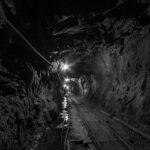
A new investigation published today by the PATROL campaign, supported by Re:wild. The report reveals that Nicaragua’s major slaughterhouses are sourcing cattle from illegal ranches and exporting meat to the United States and other markets.
In 2024, Nicaragua was the fifth-largest source of frozen beef imported by the United States, valued at about $204 million, and the fourth-largest source of chilled beef, valued at about $125 million. The Environmental Investigation Agency (EIA) investigated U.S. beef supply chains and found that beef imported from Nicaragua is commonly blended into lean ground beef products by major meat processors that sell to household name companies like Walmart, Burger King, Sam’s Club, Kroger, Aldi, Applebee’s, Chili’s, Cracker Barrel, Taco Bell and Dairy Queen. The report focuses specifically on cattle traced back to cattle farms in two Indigenous territories in Nicaragua
FSC and Assurance Services International (ASI) announce the launch of the Teak Corridor transaction verification (TV) loop. FSC and ASI have conducted TV loops on FSC-certified high-value timber species like teak (Tectona grandis) in the past. The previous teak TV loop, along with other available information, indicate the possibility of integrity risks in the segregation of FSC-certified and non-certified teak in the supply chains.
Therefore, FSC recommends certificate holders with teak in their certification scope to apply additional due diligence in selecting their teak suppliers and following FSC rules to ensure that the teak products they purchase are legitimate and within the FSC certificate scope of the seller.
Remote sensing by satellite shows that 15-30% of annual deforestation in Nicaragua, Honduras and Guatemala can be attributed to the movement of cocaine alone, the paper says. Half of Central America’s resident and migratory bird populations have fallen since 1970 and deforestation is a key driver of that decline.
Original paper can be accessed here: Intersection of narco trafficking, enforcement and bird conservation in the Americas | Nature Sustainability
The U.S. imposed sanctions against Nicaragua in 2022 but numerous mines are still operating like normal or even expanding, according to a new report from the Oakland Institute, a think tank dealing with social and environmental issues.
Despite the sanctions, the U.S. was Nicaragua’s largest gold importer last year, bringing in around $465 million.
Expanding mining concessions has resulted in pollution and human rights violations against Indigenous communities.
Documentary: Illegal cattle ranchers and miners are decimating the Indio-Maiz Biological Reserve — one of the last remaining rainforests in Central America. Deforestation is leading to destruction of biodiversity, traditional ways of life and climate change. Commodities produced on illegally converted lands are finding their way to unsuspecting consumers in the US and other major markets.
- Nicaragua’s Bosawás and Indio Maíz biosphere reserves both experienced deforestation at the hands of illegal loggers, miners and cattle ranchers last year.
- Deforestation of the country’s largest primary forests has been a violent, ugly process for Indigenous communities, who were granted land titles and self-governance in the area in the 1980s but don’t have the resources to protect themselves.
- Indigenous leaders and environmental defenders believe the situation will only get worse moving into 2023, as gold mining accelerates and the government cracks down on opponents.
A leader of an Indigenous community was killed in Nicaragua and his body mutilated, activists and community groups said Wednesday.
Click here to access the Global Illegal Logging and Associated Trade (ILAT) Risk assessment tool and to download the Forest Trends User Guide describing the functionality of the ILAT Risk Data Tool.
Click here to access the Cattle Data Tool.

